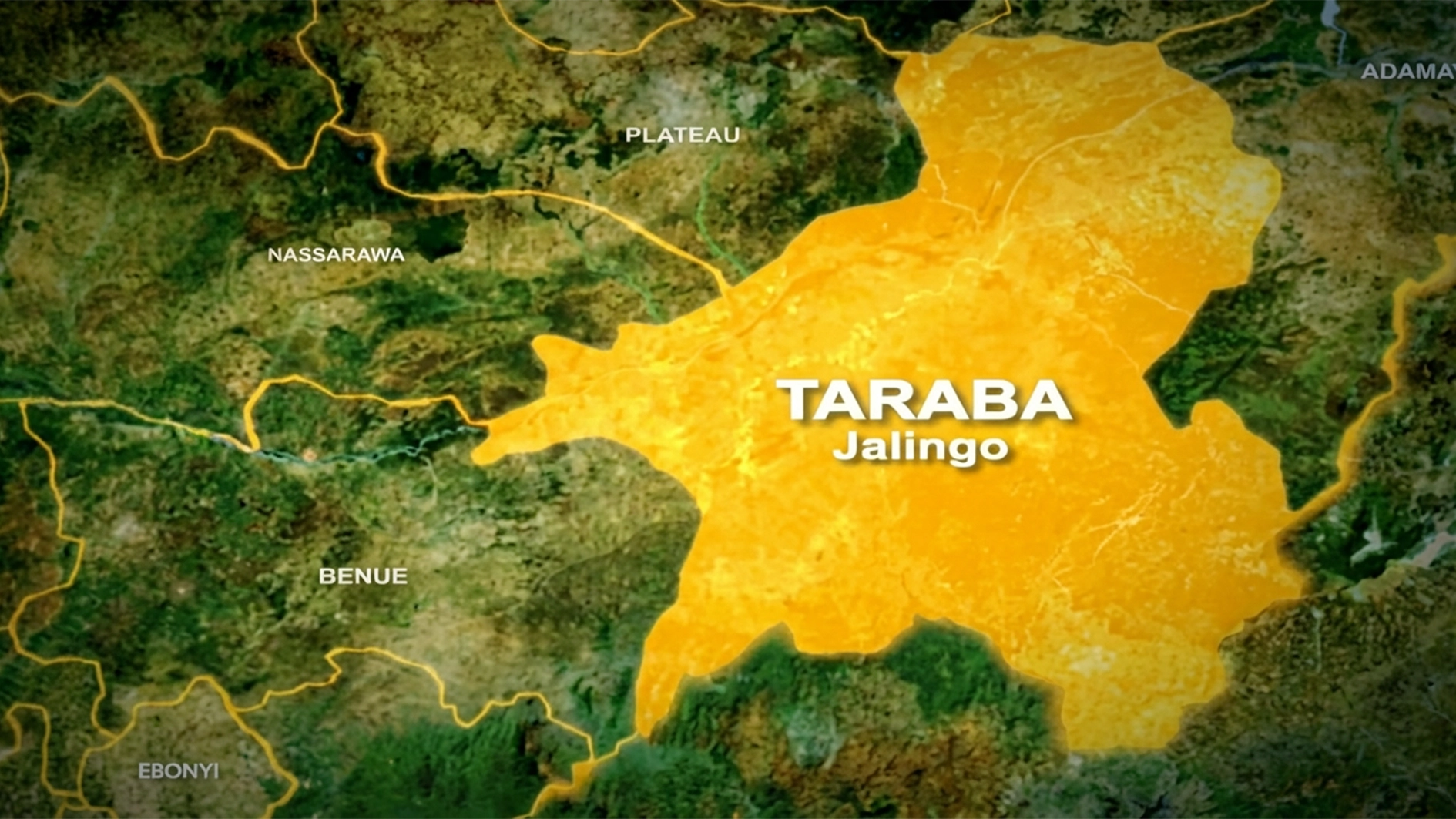Nigerian nurses and midwives have long worked in the wards of the country’s healthcare system, delivering care that keeps the system running – without complaints. But they are beginning to push back, insisting on old demands that will not only motivate the practitioners but also save the health sector from its downward spiral, NKECHI ONYEDIKA-UGOEZE and IJEOMA NWANOSIKE report.
The health sector, two weeks ago, experienced disruption in services following the nationwide warning strike by nurses under the aegis of the National Association of Nigerian Nurses and Midwives.
It was the first time in a long while that the nurses had embarked on a strike. Sources said the last national strike was as far back as 1984. But the recent industrial action borders on the union’s several demands, include gazetting of the nurses scheme of service approved by the National Council on Establishment (NCE) in 2016, the implementation of the National Industrial Arbitration Court (NIC) judgment of January 27, 2012, upward review of shift allowance, adjustment of uniform allowance, a separate salary structure for nurses, an increase in core duty allowance, mass recruitment of nurses, and the establishment of a nursing department in the Federal Ministry of Health.
Other demands include the creation of a department of nursing in the federal ministry of health, the inclusion of nurses in the headship of the health policy-making body, a fair representation by the association on the board, membership in federal health institutions, centralisation of internship posting for graduate nurses, and consultancy for nurses and midwives.
The health sector is not new to industrial action. But for the nurses who have been silent despite the myriad challenges facing them, the recent strike exposed deep-seated grievances and decades of systemic neglect that have left the profession feeling undervalued despite being the backbone of healthcare delivery.
The nurses’ union argued that the consequences of this neglect are visible every day in hospitals and made manifest in the form of overworked staff, delayed treatments, and patients left without the holistic care they require. Yet, several appeals to the government have largely gone unanswered, leaving industrial action as a last resort.
More so, this is happening at a time the country is grappling with the aftermath of the Japa Syndrome, whereby skilled health workers, driven by the pursuit of improved living standards, higher wages, better working environment and access to advanced technologies, are leaving the country in droves.
Brain drain and overstretched facilities
NANNM, recognised under the Trade Unions (Amendment) Act of 2005, is the umbrella body for all registered and licensed nurses and midwives in Nigeria. Its formation on December 8, 1977, united previously divided nursing groups such as the Nigeria Union of Nurses and the Nigeria Nurses Association, which had long competed for recognition alongside several smaller associations.
In 2023, NANNM disclosed that due to poor wages and a lack of decent work environments, over 75,000 Nurses and Midwives migrated from Nigeria within a period of five years.
Similarly, data from the UK’s Nursing and Midwifery Council revealed that over 15,421 Nigerian-trained nurses and midwives have been licensed to practice in the United Kingdom between 2017 and March 31, 2025.
NANNM reckons that mass migration became inevitable in the face of the challenges facing practitioners in Nigeria and the government’s nonchalant attitude in addressing perennial complaints.
Speaking with The Guardian, Secretary General of NANNM, Thomas Shetima, said that the major issue that triggered the strike was basically not a monetary issue but the failure of the government to gazette the nurses scheme of service approved by the National Council on Establishment (NCE) in 2016, non-implementation of the National Industrial Arbitration Court (NIC) judgment of January 2012 that was delivered in favour of the nurses, the inability of the government to create a nursing department in the Federal Ministry of Health.
Shetima, who decried the exclusion of nurses in decision-making in the hospitals, stated that nurses constitute about 65 per cent of the health care workforce but have no directorate to control their affairs and monitor both discipline and promotion.
He said: “How can they deliver quality services in this atmosphere? Allowances are not the major issues here. There is nothing more frustrating than seeing a patient that you can help, but because you don’t have the equipment, you cannot help the patient, and if that patient dies, you are not able to sleep when you get home. So, we want the government to tell us how soon they will meet and implement these demands.”
Shetima also lamented that there is a gross shortage of nursing personnel in the health facilities nationwide, adding that the WHO recommends one nurse to four patients, but in Nigeria particularly in the health facilities in the rural areas, one nurse attend to a whole ward containing over 20 patients and each patient expects to be treated well and at a time he wants your attention.
He argued that nurses prioritise their attention based on the condition of patients, but every patient feels that their condition is worse than the other, making the nurses work under pressure
“But despite the burnout, instead of being appreciated, people complain that nurses are not caring because they don’t know. That is why we are asking the government to employ more nurses so that they can man the hospitals effectively for the Nigerian people.”
As of the last count, Nigeria has about 25,000 nurses, though more staffers have left practice, exposing the country to a shortfall of about 60,000 nurses.
The President of the Fertility Nurses Association of Nigeria (FNAN), under the parent body, NANNM, Ebelechukwu Onwuagbaizu, also lamented the continued exclusion ozf nurses from key decision-making processes in Nigeria’s healthcare system, warning that such neglect undermines patient care and the country’s overall health outcomes.
Speaking with The Guardian, Onwuagbaizu said nurses form the backbone of healthcare delivery worldwide, yet their role in policy formulation remains marginalised.
She stressed that “there is no healthcare without nurses” and noted that while doctors may go on strike and services continue, a strike by nurses disrupts care significantly because they are central to patient monitoring, medication administration, and coordination of other healthcare professionals.
She described the situation as “sad” and attributed it partly to structural issues in the system, including hospital administration being headed by individuals without adequate knowledge of nursing or healthcare management. She also highlighted that, despite nurses often being at the centre of treatment, liaising with doctors, support staff, and patients—they rarely receive due recognition.
Onwuagbaizu pointed out that the recent nurses’ strike was historic, as it was the first time nurses in Nigeria had acted independently without joining other healthcare professionals. According to her, the demands were largely non-monetary and focused on structural reforms, such as allowing qualified nurses with PhDs to assume consultancy roles, as done in countries like the United States, and creating a nursing directorate under the Federal Ministry of Health with real policy influence.
The fertility expert argued that nurses, who spend more time with patients than any other professional, should be included in healthcare reforms and policy analysis at the federal, state, and local levels.
She emphasised that nurses have “a lot to offer” and are motivated by a passion for patient care, but the lack of recognition is driving many abroad. “Worldwide, there is no healthcare system without a nurse,” she said, reiterating that excluding them from decision-making contradicts the trust placed in them to care for patients around the clock.
In an interview with The Guardian, the Executive Director of the Civil Society Legislative Advocacy Centre (CISLAC), Auwal Rafsanjani, said that the strike by the nurses is a reminder that the health sector continues to suffer serious negligence.
Rafsanjani argued that the demands being made by the nurses are very realistic, adding that the government should have been more proactive and more sincere in responding positively to the demands. He urged the government to, as a matter of priority and urgency, meet the demands of the nurses because these are realistic demands and are long overdue to avoid any further strike, adding that a strike of just two hours by nurses can cause a serious health crisis for Nigerians.
Rafsanjani argued that nurses, doctors and other health care workers cannot be neglected, considering the enormous role they play in ensuring the well-being of Nigerians To forestall further disruption of services in the health sector, the Federal Government delegation led by the Minister of Health, Muhammad Ali Pate and his Humanitarian Affairs counterpart, Dr Tanko Yusuf Sununu, last week met with all Health Sector Unions and Associations including the NMA, NANNM, and the Joint Health Sector Unions (JOHESU) and an Inter-Ministerial Committee chaired by the Minister of State for Health and Social Welfare, Dr Izaq Adekunle Salako was constituted to ensure effective implementation of the agreements recently reached with the various unions to ensure lasting industrial harmony the nation’s health sector.
However, Rafsanjani described the setting up of the committee as a delaying tactic.
“All the recommendations to address the problems have been tabled. So, what the government needs to do is to take action. The various departments of government are there.
It’s good to give them directions on what to do to respond to this issue. Setting up a committee is a deliberate bureaucratic delay to ensure that this thing does not go anywhere.
“That will continue to create the mistrust between the government and the workers, and we know this is avoidable. We need to make sure that as citizens, we trust our government, we actually believe in our government, but if we continue with this kind of delay tactic, you will definitely not have the trust and confidence that is needed for the government.”
The Secretary of the Oyo State Council of NANNM, Dr Samuel Adeyemi, expressed concern over the government’s failure to implement the new minimum wage for nurses and other staff in the state’s tertiary health institutions.
While it might be assumed that all state workers have been paid, Adeyemi said nurses and other staff at LAUTECH Teaching Hospital have yet to benefit despite repeated engagements since January 2025 for payment.
He also noted that the uniform allowance stipulated in the 2018 Public Service Rule remains unpaid. Adeyemi criticised the state’s refusal to implement career progression for nurses who obtain higher qualifications, despite approval from the National Council on Establishments and adoption in states like Osun. Staffing levels, he said, are dangerously low, with some units operating at a ratio of one nurse to 20 patients — far from the WHO standard of four patients per nurse.
According to him, the non-implementation of career progression for nurses and midwives who obtain higher qualifications is another lingering issue. He explained that states like Osun have adopted the system of stepping up nurses’ grades upon obtaining a degree, but Oyo has not implemented this, despite approval from the National Council on Establishments.
Adeyemi stated that nurses and midwives derive joy from caring for the sick, but the industrial action becomes unavoidable when dialogue fails. He described the impact on patients during the strike as “pathetic,” noting that many people in need of care were left unattended.






